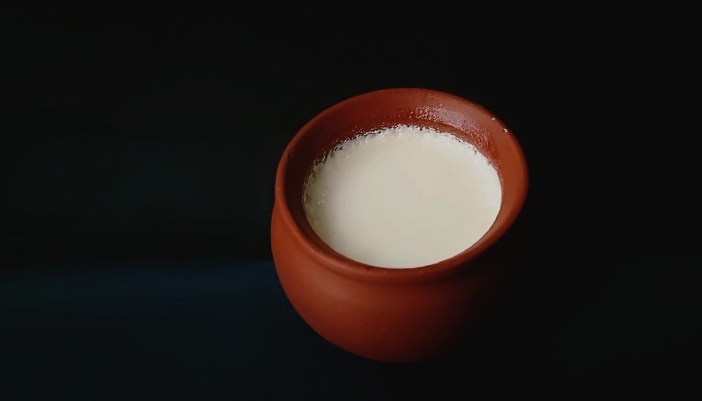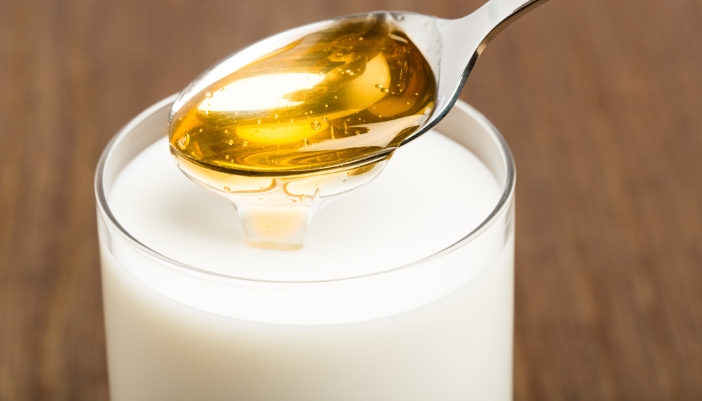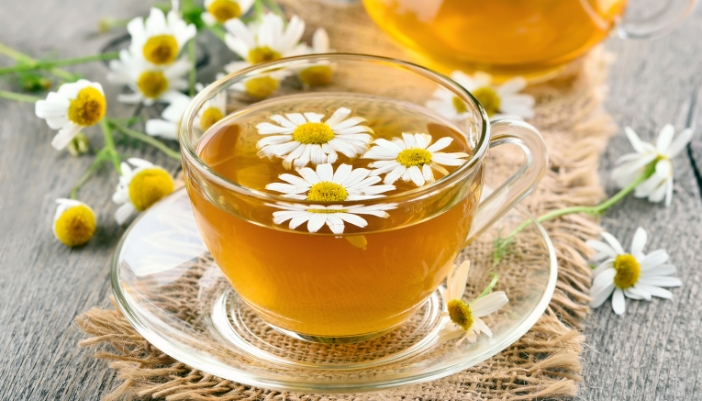For generations, people have turned to the comforting ritual of drinking warm milk before bed to help them sleep. This age-old practice has roots in various cultures and is often recommended as a natural remedy for insomnia.
But what’s the real story behind this popular bedtime drink? Is there any science to back up the claims, or is it simply a comforting habit passed down through the ages? At Mauston Furniture & Appliance, we’re here to set the record straight — check it out!
Historical and Cultural Background

We know that the tradition of drinking warm milk goes back ages, but how far does it go? Turns out it’s an ancient practice!
- Ancient Ayurvedic Medicine: In India, warm milk has been used for thousands of years in Ayurvedic practices to calm the mind and prepare the body for sleep. Spices like turmeric or cardamom are often added to enhance its soothing properties.
- Western Traditions: In Western cultures, warm milk has been a familiar bedtime ritual, often linked to the nurturing care of mothers and grandmothers.
- European Folklore: Various European tales and folklore mention characters drinking warm milk to settle down for the night, reinforcing its long-standing association with relaxation and sleep.
What Science Says

If a tradition goes back to ancient times, then there must be some science to it! And the same goes for drinking a cup of warm milk before bed. Science and psychology are backing this tradition:
- Tryptophan: Milk contains tryptophan, an amino acid that is a precursor to serotonin and melatonin, which regulate sleep. Tryptophan can promote relaxation and make you feel sleepy.
- Calcium and Vitamin D: These nutrients in milk support the production of melatonin, helping regulate your sleep-wake cycle. Calcium is particularly effective in reducing stress and stabilizing nerve fibers.
- Psychological Comfort: Drinking warm milk can have a placebo effect because it’s often associated with childhood feelings of comfort and security and creates a sense of well-being and relaxation. This is especially true when the practice is incorporated into your nightly routine!
- Soothing the Stomach: Drinking a warm beverage can help relax your digestive system, easing discomfort and creating a sense of calm. This soothing effect can make it easier to drift off to sleep.
Note:
Research says that fermented milk products such as cultured buttermilk, sour cream, and yogurt are high in GABA, which is a neurotransmitter that promotes sleep!
Bedtime Milk Tips

Making a cup of warm milk is easy — you heat it on low over the stove (or in the microwave) and don’t let it boil. But as an adult, sometimes the taste of warm milk isn’t all that palatable unless you add in these enhancements!
- Honey: Adds a natural sweetness and can help soothe the throat, making it even more comforting.
- Cinnamon: Known for its warming properties and ability to help regulate blood sugar levels, it can be beneficial before sleep.
- Nutmeg: This spice can promote relaxation and has mild sedative effects, making it a great addition to your bedtime drink.
- Turmeric: Contains curcumin, which has anti-inflammatory properties and can aid in relaxation and reduce discomfort.
- Chamomile: Adding chamomile can enhance the calming effects of the drink, as chamomile is well-known for its sleep-inducing properties.
Note:
If you don't like your milk warm, you can drink it cold, too — it has the same scientific benefits. It just won't be as soothing!
Alternatives to Warm Milk

While warm milk is a popular sleep aid, there are several other natural remedies that can help you achieve a restful night's sleep!
- Herbal Teas: Teas like chamomile, valerian root, and lavender are known for their calming properties. Chamomile is especially popular for its mild sedative effects, while valerian root can help reduce anxiety and improve sleep quality.
- Magnesium Supplements: Taking a magnesium supplement before bed can help reduce muscle tension and promote a sense of calm, making it easier to fall asleep. Magnesium-rich foods, such as almonds and spinach, can also be beneficial.
- Melatonin Supplements: Melatonin is a hormone that regulates sleep-wake cycles, so taking it can help regulate your internal clock.
- Essential Oils: Aromatherapy with essential oils like lavender, bergamot, and cedarwood can create a calming environment conducive to sleep.
Pro Tip:
Of course, nothing beats having a consistent bedtime (and waketime!), limited screen time, a wind-down routine, and the perfect mattress!
Udderly Sweet Dreams
So, it turns out that drinking a glass of warm milk can help you sleep! Between the tryptophan, relaxing your digestive system, and bringing a sense of calm, it’s no wonder this practice is an age-old remedy! But don’t forget that without the proper mattress support, all the sleep aids won’t do much good.
If your current mattress looks a little lumpy and it takes you forever to get comfortable, don’t rely on a soothing beverage — upgrade your mattress at Mauston Furniture & Appliance online or in-store!